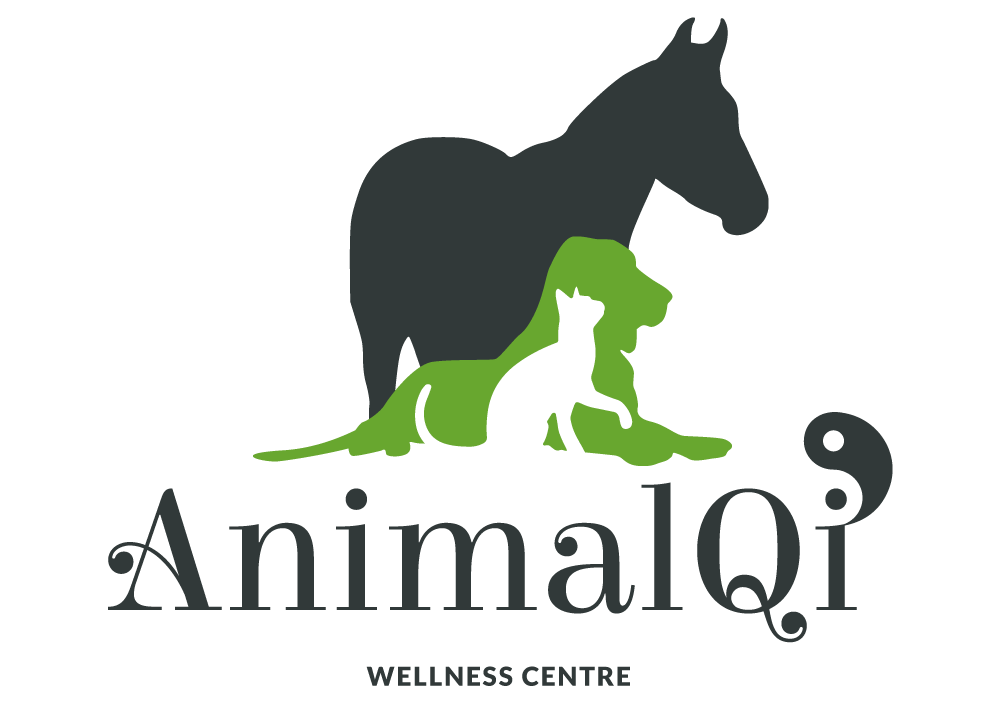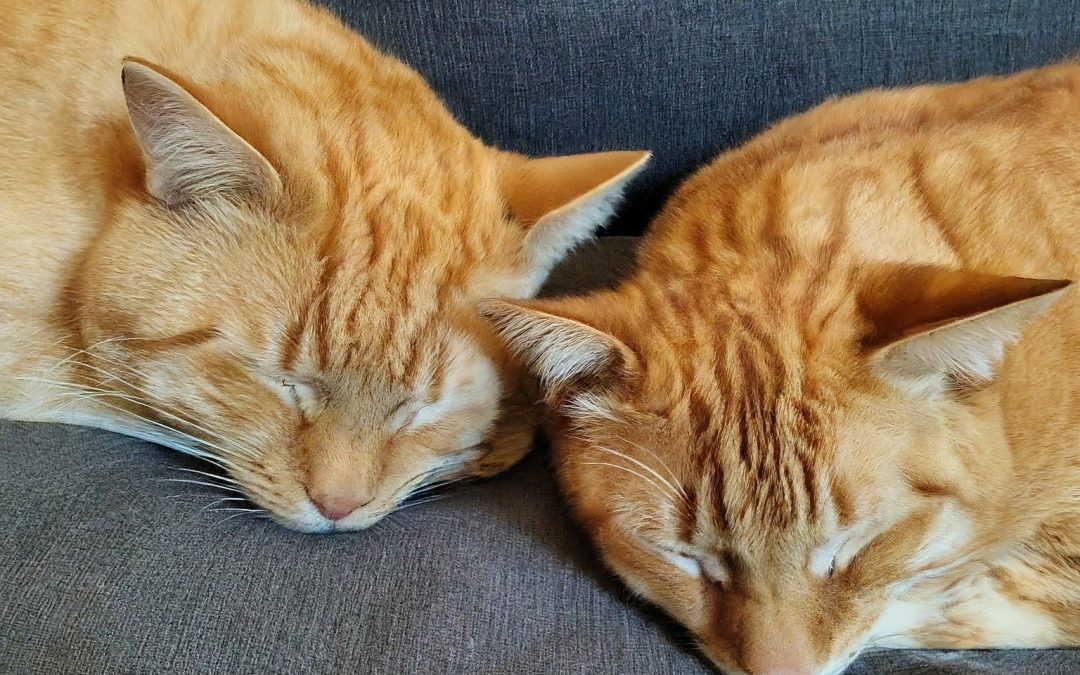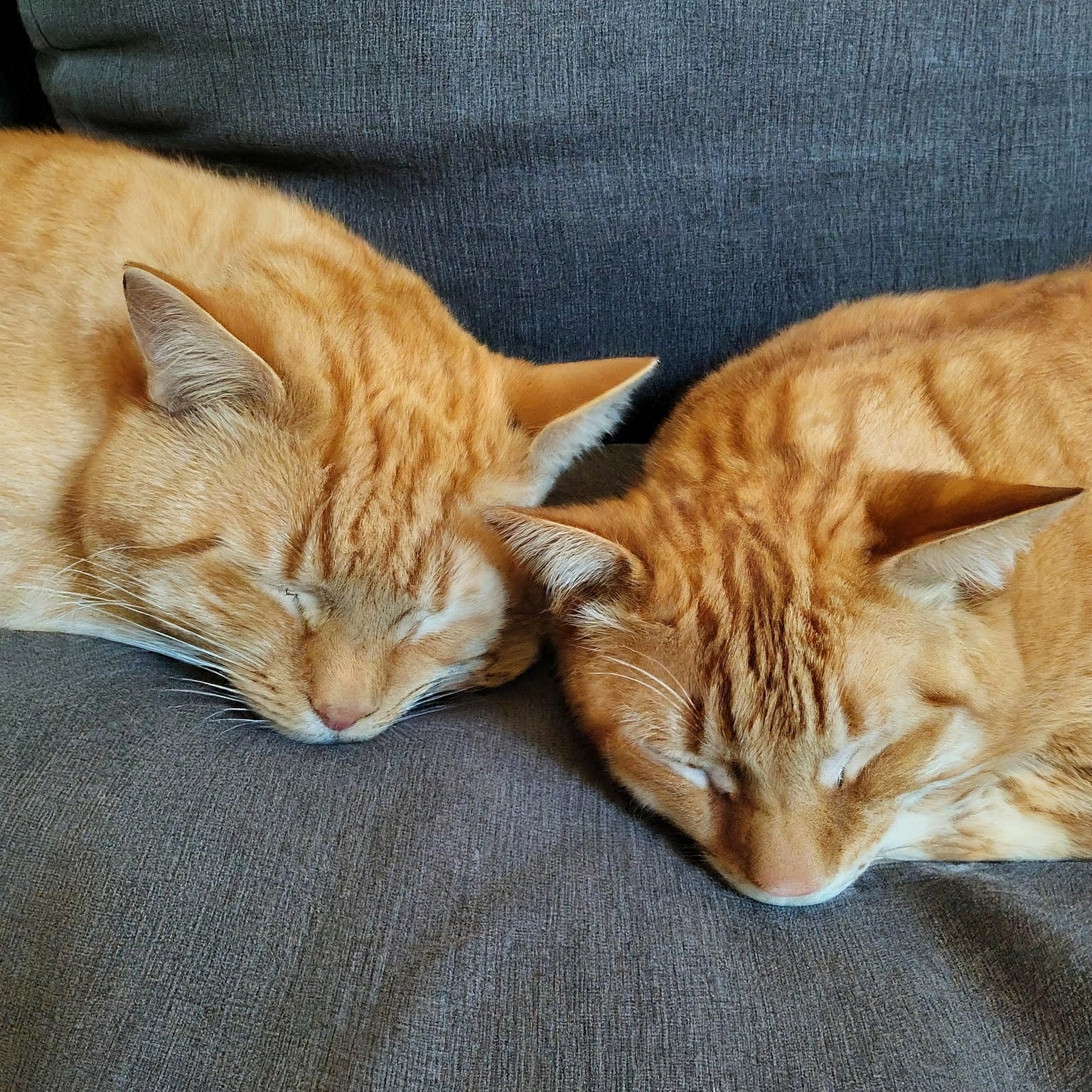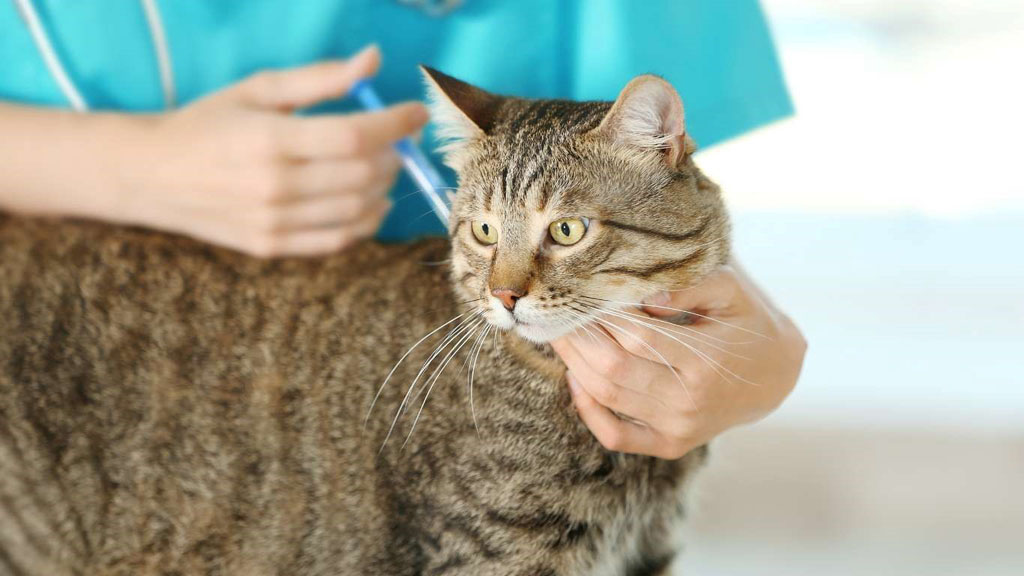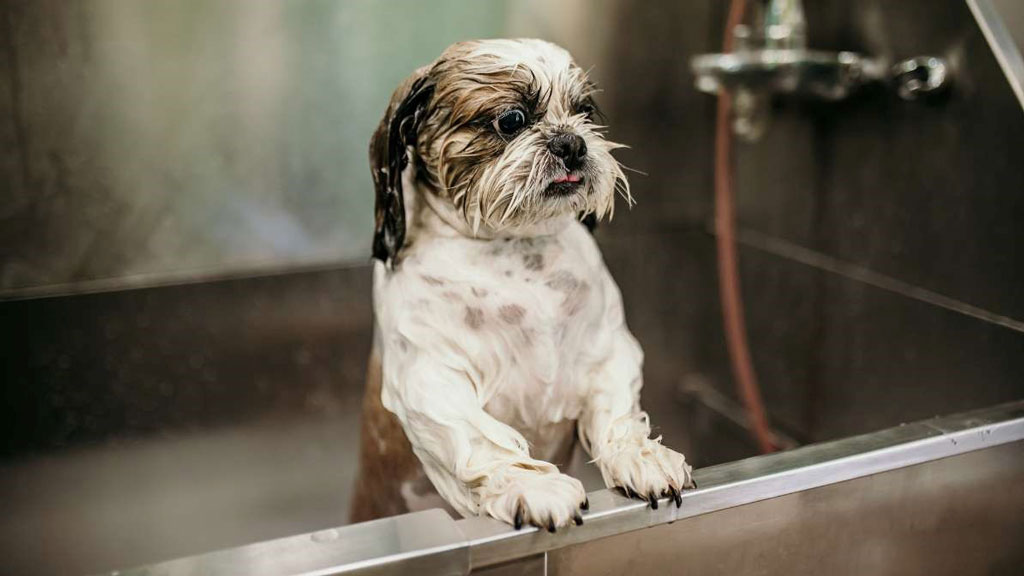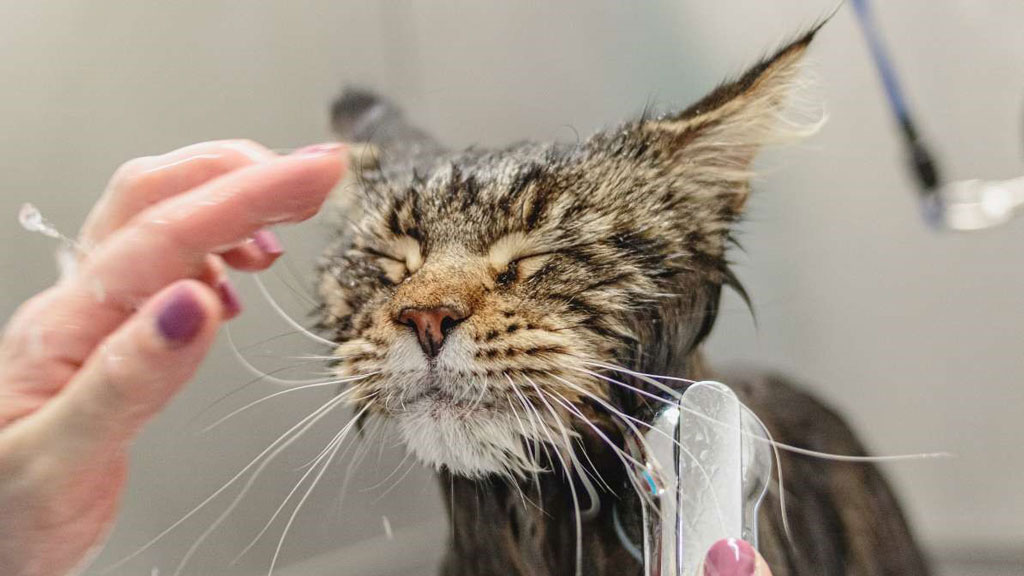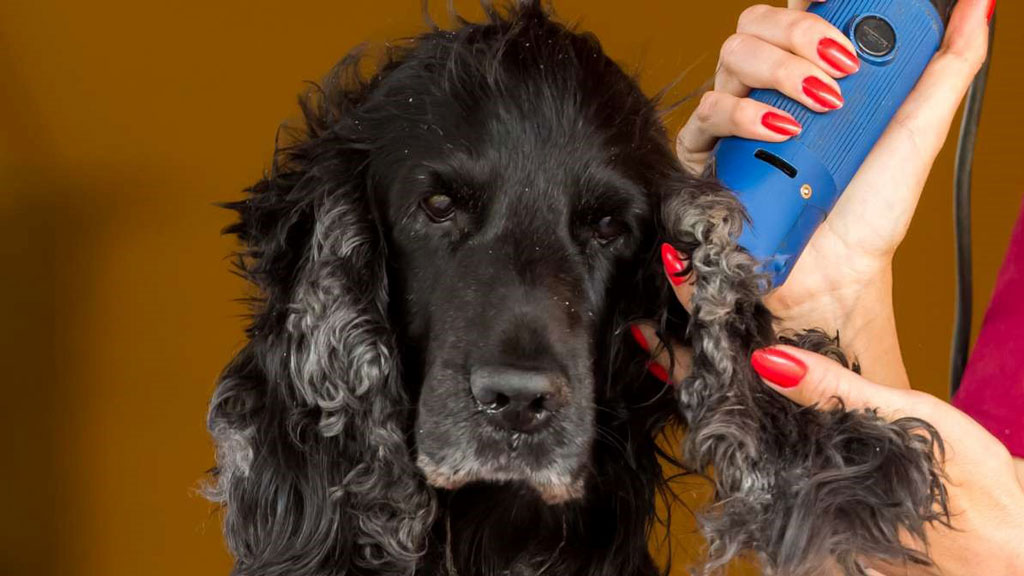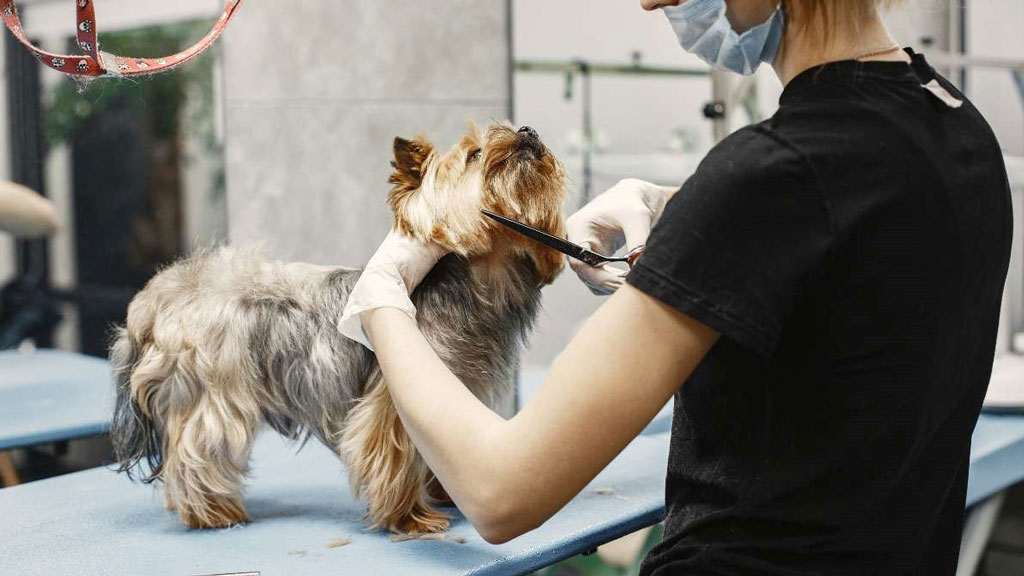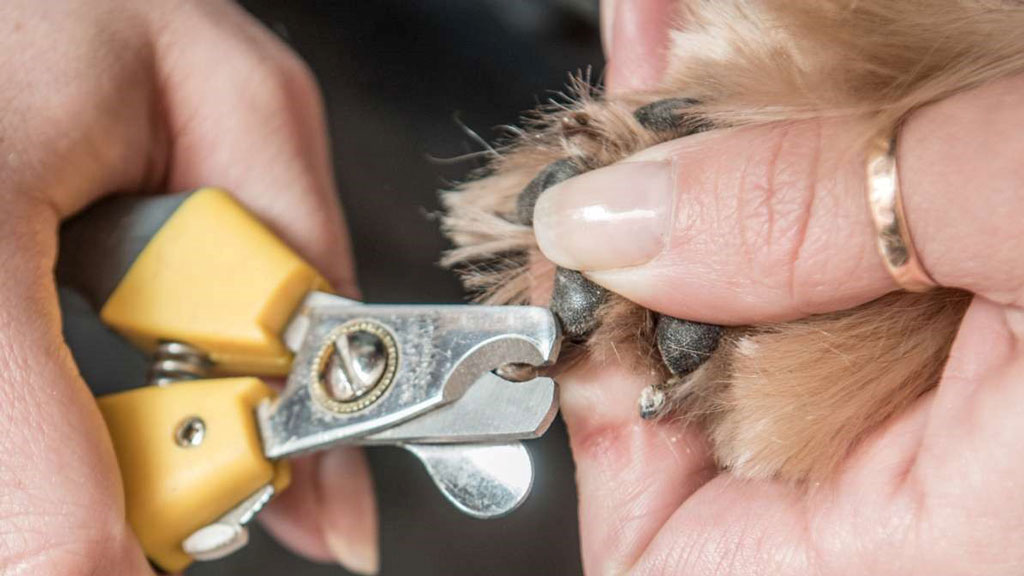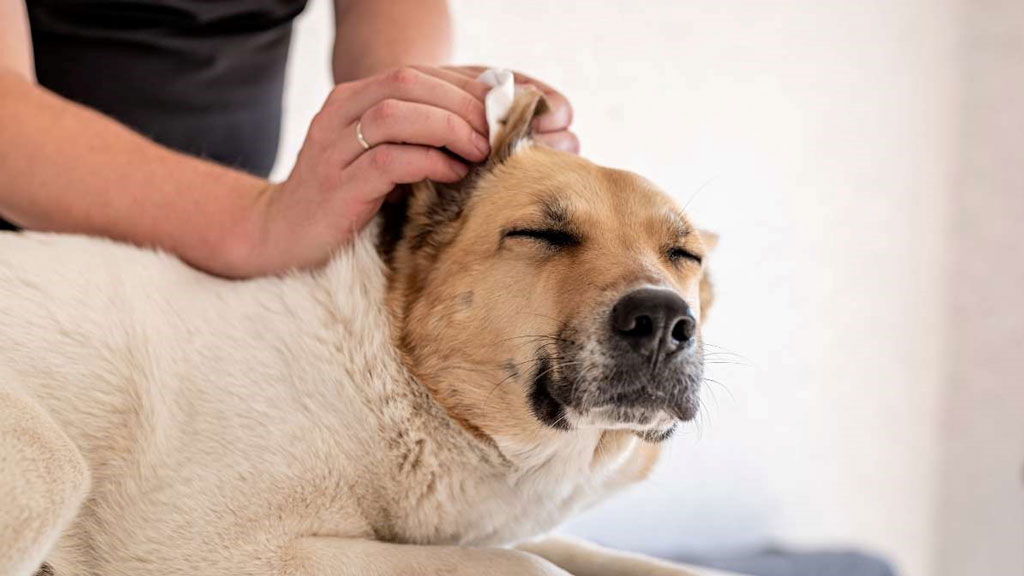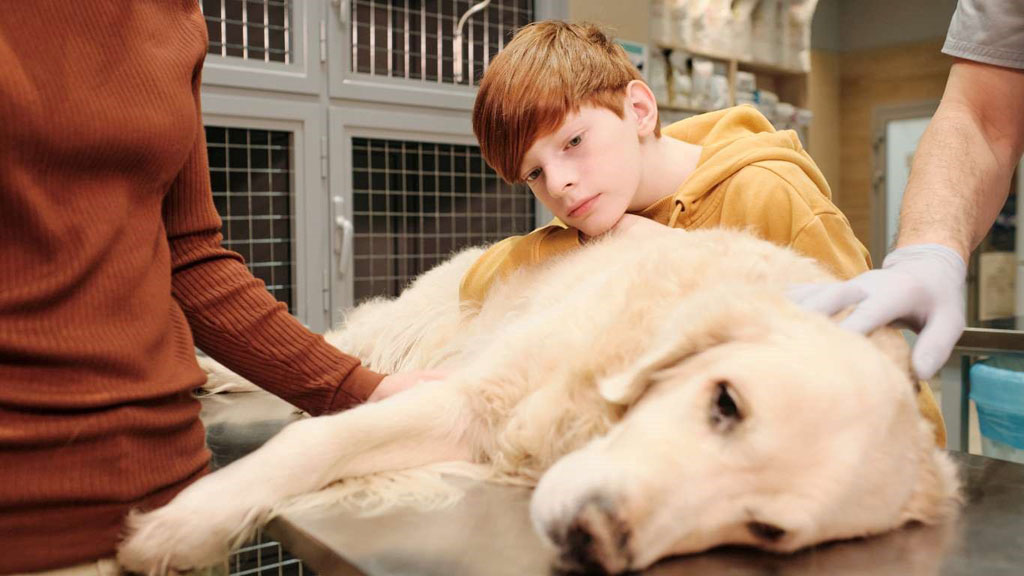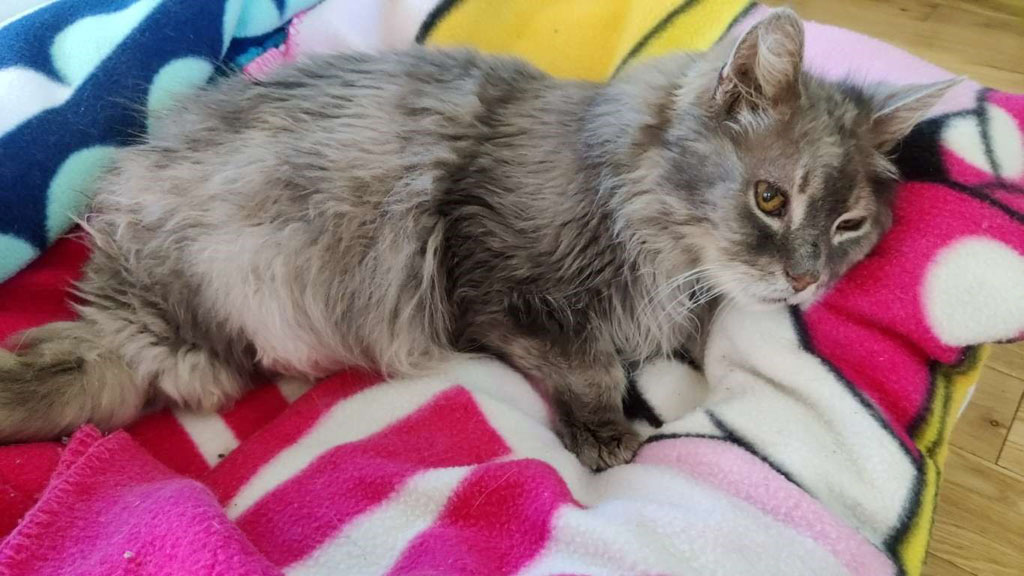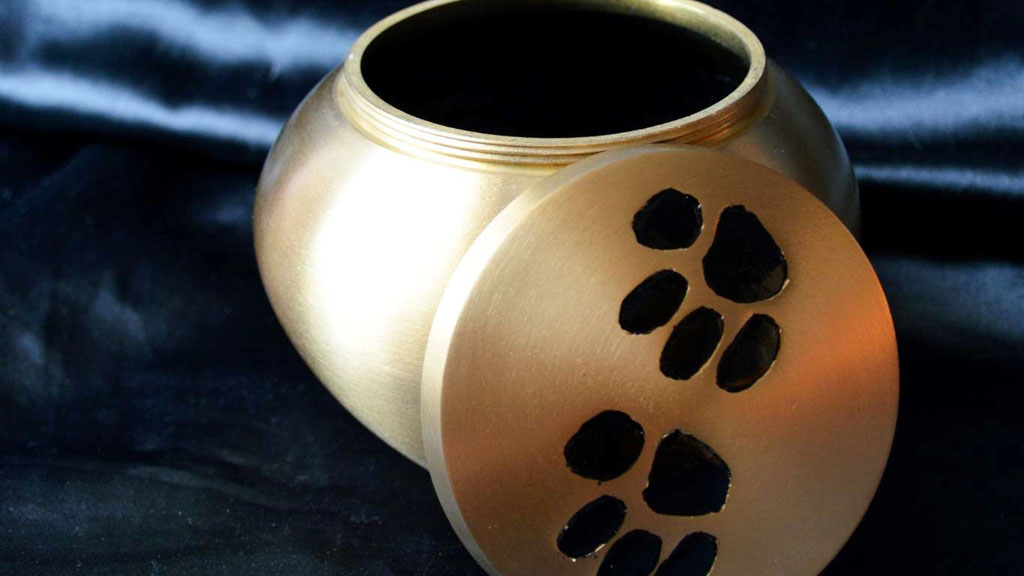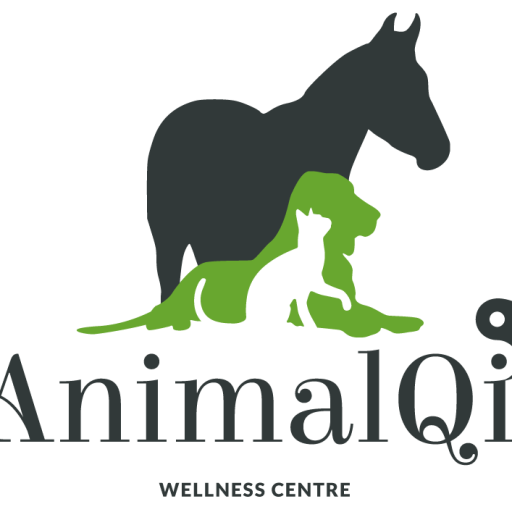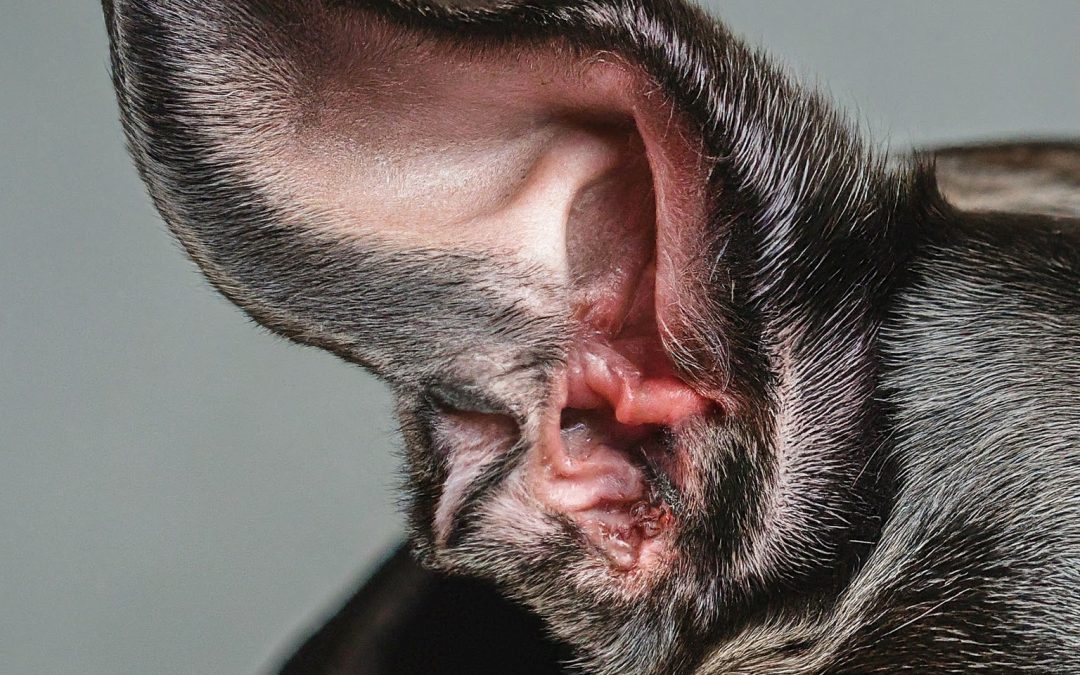
Itchy Ears and Beyond: Malassezia Otitis in Dogs
Itchy Ears and Beyond: Malassezia Otitis in Dogs
Does your dog constantly paw at their ears, shaking their head like a maraca? You might be dealing with a common canine ear woe: Malassezia otitis. This inflammatory condition, caused by an overgrowth of yeast called Malassezia, can be a real drag for both you and your furry friend.
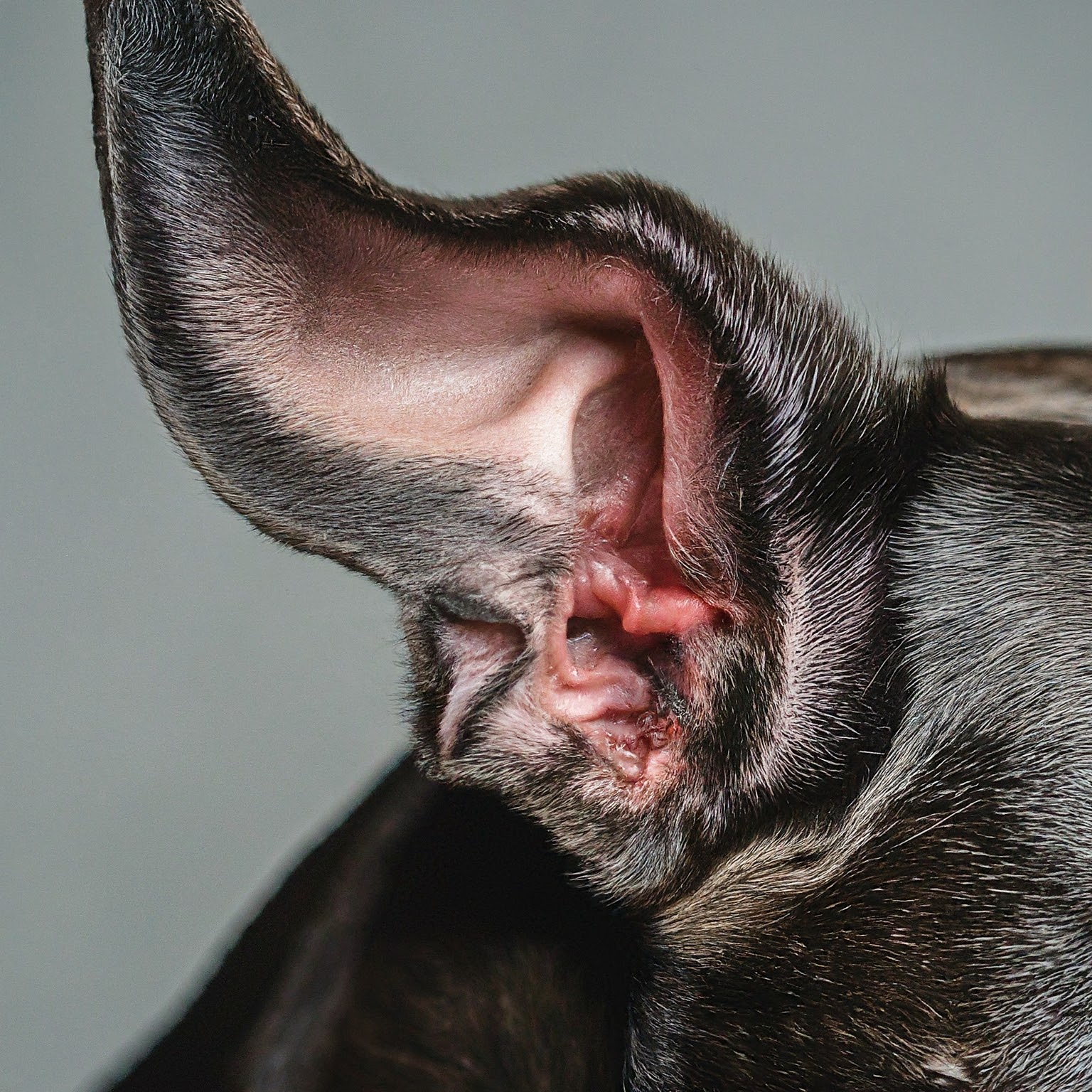
Malassezia: Friend Turned Foe!
Malassezia is a type of yeast that normally lives in small numbers on a dog’s skin. However, under certain circumstances, it can multiply uncontrollably, triggering inflammation and irritation in the ear canal. This is known as Malassezia otitis.
Environmental Culprits:
While Malassezia is the culprit, environmental factors can create the perfect storm for an overgrowth:
Moisture: Damp, humid environments or frequent swimming can create a breeding ground for yeast.
Allergies: Dogs with allergies are more prone to Malassezia otitis, as allergies can irritate the skin and disrupt the normal balance of microorganisms.
Earwax Buildup: Excessive earwax can trap moisture and create a breeding ground for Malassezia.
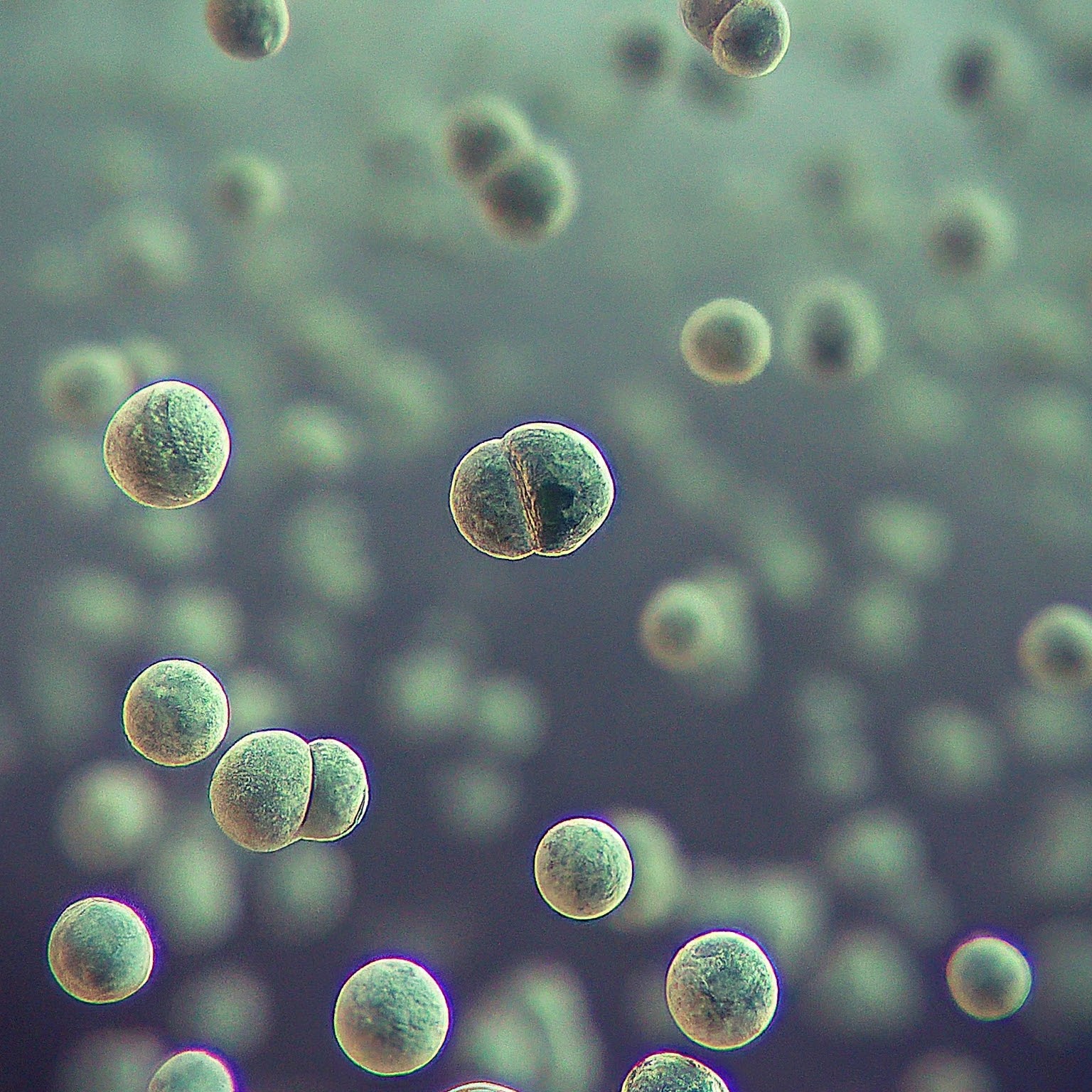
Diet Plays a Role:
Believe it or not, what your dog eats can also influence Malassezia otitis.
Here’s how:
Food Allergies: Just like environmental allergies, food allergies can irritate the skin and contribute to yeast overgrowth.
Omega-3 and -6 Fatty Acids: These essential fatty acids play a vital role in skin health. A deficiency in omega-3 and -6 fatty acids can make your dog’s skin more susceptible to irritation and yeast overgrowth.
Signs and Symptoms:
If your dog has Malassezia otitis, you might notice:
- Frequent head shaking
- Pawing at the ears
- Redness, swelling, or discharge from the ears
- A foul odor coming from the ears
Treating the Root Cause:
Treating Malassezia otitis often involves a two-pronged approach:
Treating the Yeast Overgrowth: This can involve topical medications, ear cleaning solutions, and oral medications in severe cases.
Addressing the Underlying Cause: Identifying and addressing any environmental or dietary factors that might be contributing to the problem is crucial for long-term management.
Tips for Prevention:
Here’s how to help prevent Malassezia otitis in your dog:
Dry those ears! After swimming or bathing, thoroughly dry your dog’s ears with a clean cloth.
Manage allergies: If your dog has allergies, work with your veterinarian to develop a treatment plan.
Consider a diet change: Discuss with your veterinarian if a diet rich in omega-3 and -6 fatty acids might be beneficial.
Regular ear cleaning: Regularly clean your dog’s ears with a veterinarian-approved solution, especially if they are prone to ear infections.
Remember: Early diagnosis and treatment are key to managing Malassezia otitis effectively. By addressing the underlying cause and implementing preventative measures, you can help your dog enjoy healthy, itch-free ears!
Disclaimer: This blog post is for informational purposes only and should not be a substitute for professional veterinary advice. Always consult with your veterinarian for diagnosis and treatment of your dog’s ear problems.
Book an APPOINTMENT today!
Please email us at [email protected]
Our experienced team of veterinarians is here to help your pet feel their best.
(Diagnoses and treatment advice will not be given on email of WhatsApp)
